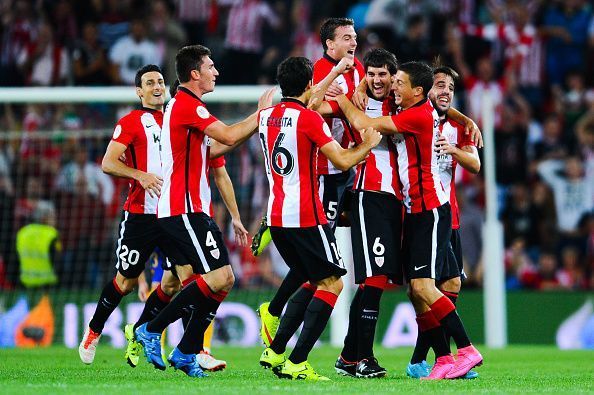
Athletic Bilbao's unique transfer policy
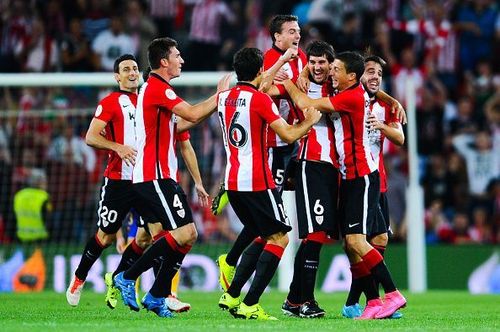
Aymeric Laporte, as per reports, has been valued at €50 million, which per most, is an unusually high price. But, setting high release clauses for players, and observing rigidity in transfer dealings, is nothing new for Athletic Bilbao, and, the reason behind that, is their unique transfer policy.
Athletic Bilbao, throughout the footballing fraternity, are recognized because of their distinctive, and consistent transfer policy, ever since 1912. Barring Laporte, the club only looks to sign players with from Basque origin or ancestry.
Naturally, whenever Bilbao come across a decent Basque player, they are willing to spend over the odds, to acquire him. Just like Catalonia, the Basque nation has a strong Independence movement against Spain, and the club believes that this through this policy, they are representing their ‘country’.
This is also an indication as to why the club is so intensely supported, and has some of the most passionate fans, across the country. This policy was initially used by neighbours Real Sociedad, until they put a stop to it, in 1989. The primary reason for this was that Athletic Bilbao managed to gain the services of almost all good Basque footballing talent.
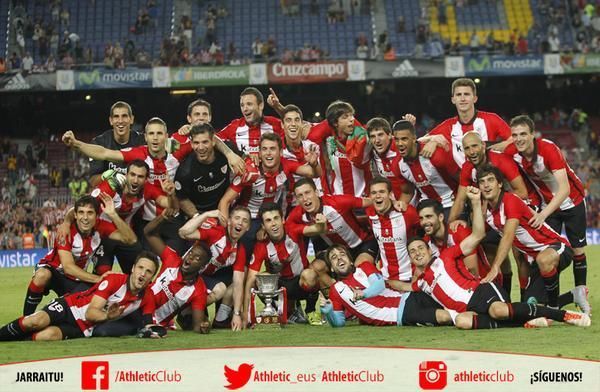
Where this policy looks strange, it has proven to be successful, for Bilbao. Apart from giants Real Madrid and Barcelona, Athletic are the only team that can boast the feat of not being relegated from La Liga.
Their lowest ever finish was 17th, but that genuine relegation possibility was a one-off, rather than the rule. Other than that, the club is quite laden with silverware, having won the league on eight occasions, which is bettered only by Real Madrid, Barcelona, and Atletico Madrid.
They’ve won the cup on 24 different occasions, a feat excelled only by FC Barcelona. In 2015, they defeated FC Barcelona in the Spanish Super Cup, which has allowed them to play Champions' League Football, for only the second time in their history. Other than that, they were the runners-up in the 2012 Europa League.
Bilbao has reaped other advantages, from this policy. Talents like Inaki Williams have had the opportunity to integrate themselves into the team, breaking through the youth setup. With the league getting richer and richer, clubs are looking for talents, internationally. Bilbao, in contrast, are constantly looking within their youth setups.
Apart from grooming a new generation of loyal players, this also helps to retain club revenue. Ander Herrera, for example, was sold to Manchester United in 2014, for 29 million, having been purchased for just 5 million, three years before.
Adruiz, the veteran who scored 16 La Liga goals during the bygone season, was signed for just 2 million, back in 2012.

However, because the group of available players is so small, the club, instead of selling players, normally looks to have the players run down their entire contracts. This helps them to have enough availability of players, always.
An example of this case was Fernando Llorente, who scored 85 goals for the club, in 262 appearances. They did not want to sell him off, and, thus, Juventus acquired him for free, when his contract ran down, completely. He is currently playing for the Premier League outfit, Tottenham Hotspurs.
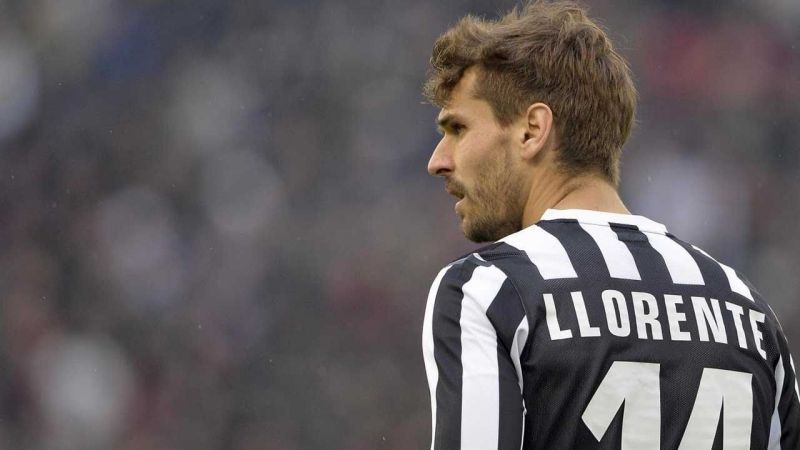
The policy, alongside their loyal supporters, has allowed them to attain enough finances to provide for the building of their renovated stadium.
The policy, however, has attracted serious criticisms, as well. Quite obviously, it is considered discriminatory. The club came into existence in 1898, but, it was not until five years ago, that the first mixed-race player, Jonas Ramalho, managed to play for the club. Spain, with its rapidly broadening approach towards racism, has seen a lot of hate towards this apparently racist policy.
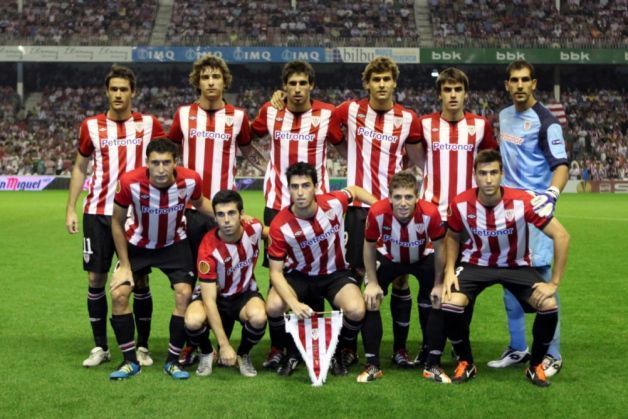
Others feel that this policy is restricting the club from performing even better. They feel that if they invest their revenue in players internationally, they could challenge the big 3 for the La Liga title, and could compete at the very elite level.
However, the advocates of this policy feel that their large revenues are the result of this policy. As mentioned previously, this policy is indicative of their nationalism, and has thus encouraged tremendous support. Getting rid of this policy would mean losing their loyalty and nationalism, which might see them lose supporters and ticket sales, consequently.
To conclude, despite the mixed opinions regarding this eccentric policy, the club, having used this policy for almost a century, shows no signs of dropping it. This law performs the dual task of being effective and supportable, and, simultaneously, being a portrayal of the club’s traditions and beliefs.